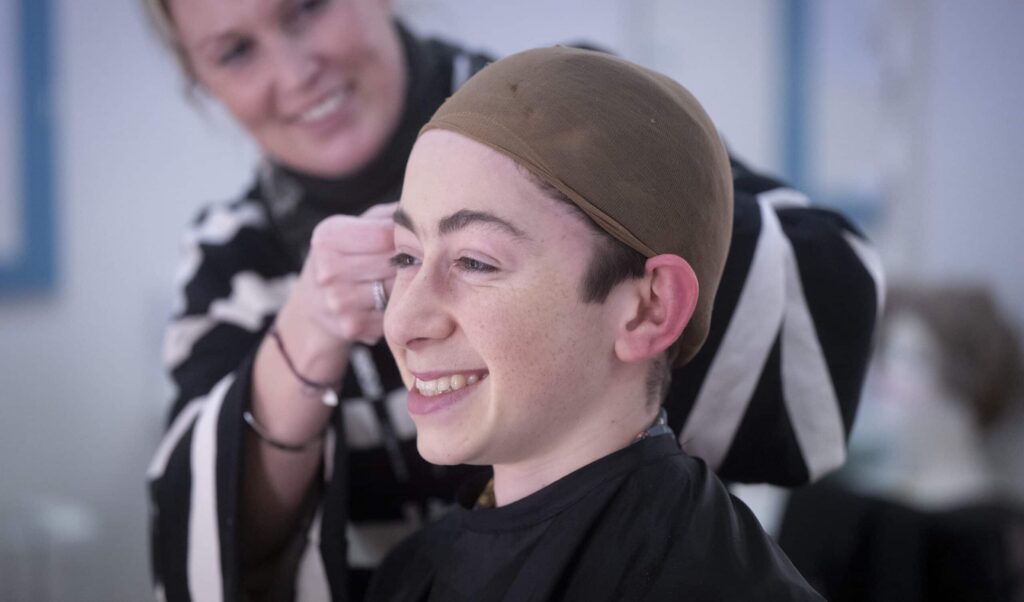On Wednesday 25 September, the Medical Society had the honour of hosting Mr Guy Negretti OE, a distinguished consultant ophthalmologist specialising in ocular oncology, vitreoretinal surgery and cataract surgery. His insightful talk was the first one for the society this year and it was nothing short of inspiring.
Mr Negretti began by sharing the journey that led him to his current, esteemed position. He reflected warmly on his time at Eton College, where he developed a passion for sciences, particularly through the unwavering support of his tutor, Mr Fussey. He attended every Medical Society whilst at Eton, without fail, and it played a crucial role in nurturing his interests. After Eton, he pursued a BA in Biological Sciences at the University of Oxford. Following this, Mr. Negretti took a gap year and spent valuable time at an ophthalmic hospital in Dar Es Salaam, Tanzania, conducting research. This experience deepened his interest in ophthalmology. He then went on to study medicine at the University of Cambridge, solidifying his path to becoming an ophthalmologist.
The audience was offered a glimpse into the life of a consultant ophthalmologist. He described a typical week that involves a wide range of activities, from performing vitreoretinal surgery to handling emergencies. One notable aspect of his career, which he shared, is that ophthalmology generally allows for a more balanced lifestyle compared to other surgical fields. Eye-related emergencies are rare, meaning long, irregular hours are uncommon.
In the second half of his talk, Mr Negretti delved into the specialised field of ocular oncology. One of the key conditions he discussed was retinoblastoma, a rare and aggressive cancer that originates from the immature cells of the retina. He explained how 80% of retinoblastoma cases occur in low- and middle-income countries, largely due to limited access to medical care, leading to late-stage diagnoses.
He further discussed the treatment of retinoblastoma, highlighting the use of intra-arterial chemotherapy. This advanced technique involves delivering chemotherapy directly to the eye through the ophthalmic artery, allowing for a higher concentration of the drug to target the tumour while reducing the risk of systemic side effects. Mr Negretti emphasised how this approach has improved outcomes for patients and reduced the adverse effects associated with traditional chemotherapy.
Mr Negretti then opened the floor for questions from the audience, which included students from Wycombe Abbey, Holyport, and other local partner schools. One of the most pertinent questions concerned the impact of excessive phone use on eye health. Mr Negretti confirmed a direct link between prolonged screen time and the development of myopia, particularly in children. He advised that screen time should be limited to protect eye health.
Mr Negretti’s talk was both educational and inspiring, giving attendees a rare opportunity to learn from a leading expert in the field. His journey and experiences, provided valuable guidance for those considering careers in medicine.



